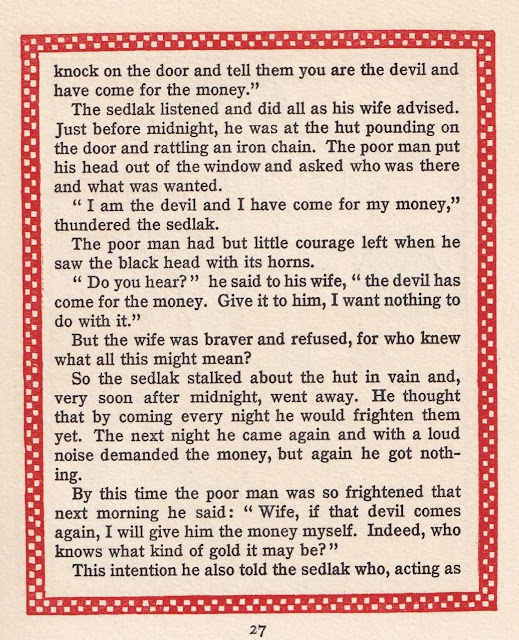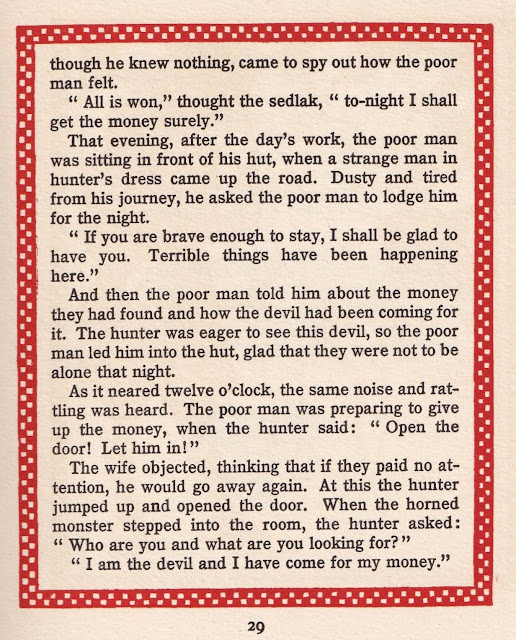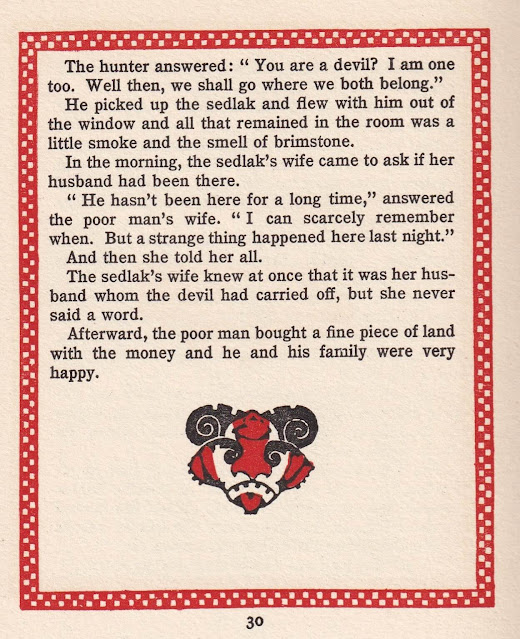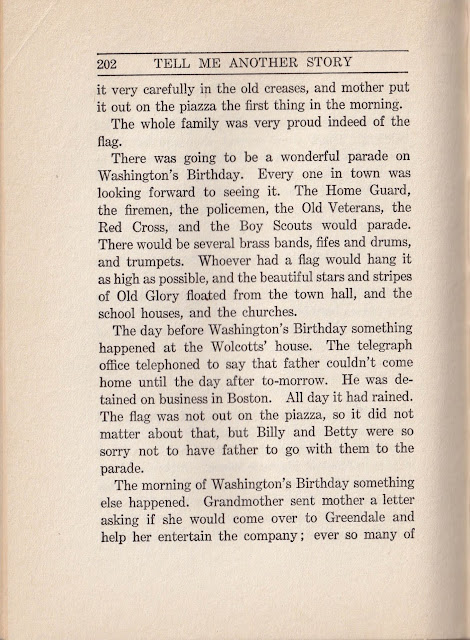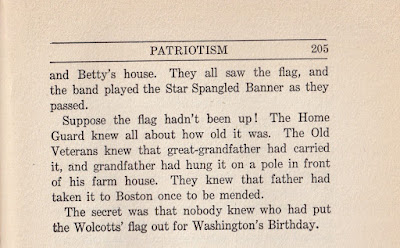Today's blog is for performers, teachers, librarians, and parents about a situation we all should know about and be prepared to handle.
Fellow storyteller out in the New England area, Simon Brooks, has expanded an article I saw initially on Storytell (email list for storytellers). I said I planned to share it with fellow performers for Michigan Arts Access which brings the arts to people of all ages with disabilities as I knew we would soon be gathering to prepare for returning to classrooms that were affected by the pandemic. Even beyond that I see a far wider need and asked him if he would let me reprint it here. We also talked about how it related to an earlier blog article, from April Fools Day! of this year, that he wrote and it seemed to contradict it a bit. The result has graciously been given for me to show here. Simon even says it's a ten minute read. They will be well spent!
The State of Mind
This is a ten minute read about what I am seeing going back in-person, into schools and other community events.
Back in April 2022, as you may or may not have read, I had what I felt was my first real gig back in-person for a long time. It was certainly the first time since March 2020 where I was not 20 feet from the first row. It was certainly the first time since March 2020 where most folks were maskless and I was not wearing a mask, or a face shield. It was the first time I had had three large presentations to different groups of kids since the pandemic began. There was this wonderful, euphoric feeling of togetherness. It felt like a normal presentation – well three! The kids had been prepped on behaviour, there was some silliness, as it was the first event at the school with “an outsider” since March 2020, and it all felt wonderful and thrilling!
Since then, I have done a number of other first events as a visiting guest. Some have gone really well, others have been a little challenging. I am writing this because there are some folks, some performers out there who have not physically visited, in-person, a venue since March 2020, and things, I believe, have changed since then.
The amount of time people have been actively engaged in technology since the pandemic began – screen time, the amount of time people have been distracted by virtual meetings and calls, children who need help, and not being able to go outside and play to a large degree, has been huge, and at the end of the day many of us just vegged in front of a box or device. This has had a severe effect on not just kids, but everyone. I think we need to participate in a lot less digital engagement. AND I THINK WE NEED TO ADDRESS THIS WITH PARENTS AND CARE GIVERS WHEN WE HAVE ACCESS TO THEM! We need to take time out for ourselves as humans, to disengage from digital content and seriously get back to analogue.

I am not a Luddite! I am NOT calling for people to throw out their devices, or run into schools and businesses and destroy computers and the like! I am suggesting that we step away from them for a while, go on a digital vacation, to some degree! Put devices in a time-out box!
I have been in schools on and off since the pandemic began, and since the beginning of 2022, have been regularly back in, in-person and I am seeing a difference in child behavior. This is at the elementary level, and middle school level. I am also seeing this with my own high school aged daughter and her friends - she is 17 and will start her final year of high school at the end of the summer. When I originally posted this as a letter to listservs I am on, I have heard back from others, including Milbre Burch who said: “I’ve seen what you describe from first graders to Masters students.”
I have presented Gilgamesh to sixth graders at a local school many times prior to 2019. The kids were spellbound by the story (and hopefully the telling). I presented it (at the same school) virtually, via streaming media during COVID. Because it was streamed, I have no real idea of how students were engaged those two years.
This April of 2022, I took Gilgamesh back to the school, in-person, in front of 6th graders. Same school with the same teachers, although in a different space. The reception was totally different. Lack of focus, getting up, whispering to friends next to each other were all happening which never happened in 2019 and the years prior to that. I had worked on Gilgamesh, probably more this year than in the past, and put a lot more work into being as engaging as possible, both with physicality and with word choices. And dramatic action! What I found was that the 'same' 6th grade students were behaving like 4th graders.

This is not my only experience this year. I have been into a number of schools, and performed at community events and found, to more or less a similar extent, children, students especially in elementary and middle school, have little attention span at all. I put a lot of this down to being remote for two years; having parents working from home, trying to work and engage the kids, and help them where possible. I imagine there was a lot of - go play on your device, go watch a movie. Being stuck indoors for much of the first year, there was little play, little reading, just a lot of screen time. Habit forming, addictive screen time.
By doing what we do, analogue storytelling in front of warm bodies, we need to start with shorter stories, build up to longer ones, get the span of attention longer, larger, more resilient. The attention muscle has atrophied! It needs retraining. I believe we need to tell folks to read to their kids more often. Start with short stories, get into longer ones, combine stories. Heck, read them anything they will listen to. Discuss things with them. Get magazines like the Smithsonian or National Geographic and find articles to engage the kids, Mountain Bike Action magazine - anything! I think we need to be like that - try on multiple different fronts to engage young people, and retrain adults, quite possibly, based on a recent experience!
As storytellers, I feel this year, we need to be far more "accepting", maybe tolerant, way more patient with young people. It's Not Their Fault. We will, in my experience thus far, need to take more deep breaths, show patience, and try to work to gather them into the stories we tell, like a blanket on a cold day. From what I have seen this might be tough, and also not needed everywhere. We do need to be the fireplace where young people can gaze and lose themselves to their imaginations (which are being stripped from them by technology). They need to learn (for the little ones) or relearn (for the older ones) that the imagination is a wonderful (and much needed) tool and place. We need parents to realize that reading to kids, telling them stories, is so, so important right now. The tv and devices need to be Put Away. A return to analogue. And when we face children, young people this summer at libraries and camps, etc., we need to give them space and be tolerant of their behaviour, and guide them back gently.
Karen Chace on a 12-week class she led this year (and has led in the past many times): “Was every student difficult? No, but the vast majority had trouble listening, attending to their work, many were even disruptive during the interactive games, and practice time outside of class was fairly non-existent.”
And I have also experienced some wonderful interactions with students. In fact, last week I did three presentations at a large school (5 – 6 year-olds, 7 – 8 year-olds, and the last group 9–10 year-olds). The smallest group I had had around 65 kids in it, the others much larger. With each group I set expectations. The first two groups were amazing – wonderful, we had a lot of fun. The 4th and 5th graders (9 - 10 year-olds) were challenged in their ability to concentrate or sit still, or even listen. At one point in a story Goldilocks ran into the bedroom, landed on a really hard bed and cried out: “Crud! That really hurt!” Some of the kids, I think mis-hearing my British voice, told me I couldn’t use that word. So I said, Goldilocks ran into the room, and landed on the really hard bed crying out: “Bother!” Again, the kids called out, “You can’t say that!” So, I did the same thing again and again substituting the ‘bad’ word until I was using words like ‘shoe,’ ‘saucepans,’ and ‘fish hook’ until we agreed on: ‘Oh, oops-ee-daisy!’ and moved on. This took up about four minutes of the story as the kids cried out and then settled down before starting over again. This I would expect from 2nd graders, not from too-cool-for-cucumbers 4th and 5th grade students. And it was fine. I tried other things in another story when one of the characters was granted a wish. I asked the kids (by raising their hands) what they might wish for. I used every trick in the book to engage on a more personal level and used some tricks that came to me, spur of the moment! They settled in, but it took time.

Like Karen, I had to have a serious talk with one of the kids (Karen had three and she eventually called the parents during her 12-week program). I rarely do this, and hate having to do this, but sometimes it is needed. Again, I don’t believe it’s the fault of the child.
This brings me to another point! At another gig with very little, delightful pre-school kids with wonderful parents and staff, I had some issues. It was a special event and held outdoors. It was hot and sunny, and I was placed in a pavilion, and invited kids and parents into the shade with me throughout my set. Some of the kids later joined me, but it got a little wild. Some kids walked about the space, some came and sat next to my feet, and one little girl for a while stood between my feet and rested her elbows on my knees and rested her chin in her hands as I told a story. Engaging the other children, and the parents continued, and after the story some of the kids went back to their parents. Some kids were whispered to, others were not. Those who were not whispered to came back and goofed about a bit on the pavilion platform.
When I finished and was packing up, a mother came over with her daughter. I thought we were going to have a nice little chat about stories, and by the look on the girl’s face, she though the same thing, but the mother then told her daughter to apologize to me for mis-behaving. This was a parent who had said nothing to their child during the performance, in fact I wasn’t sure if she was the mother until that moment. The look in the girl’s eyes changed and I thought she was going to cry. I felt pretty annoyed myself. The parent had done nothing to educate her daughter, and her girl was just being a little preschooler – being who she was supposed to be. I felt the parent was the one who should have been apologizing. I said pretty much, just that – the girl was being a little kid, that’s all. No harm done. And that kids need good role models, they need guidance as to how to behave, especially when it might be their first sort of experience like this. I gave lots of smiles to both of them and hope the point was made.
Parents might need reminding that we, the performers, are not their children’s care providers. That care providers need to keep a check on their wee ones, that their wee ones might not know how to behave, but they, as parents, should be able to remember! I try to make light of a lot of this sort of thing and chalk it up to experience, and learn from it. We might have to tell parents that more than ever their children need active attention from them.
The kids have been through a lot, and I am sure many of these children have not escaped seeing or hearing about the horrific news about shootings. They are daily. Some are worse than others. There is so much division in the country, I am sure children feel that anxiety coming off parents and other adults around them. Kids sense a lot. We have to cut slack, as I said, breathe deeper, be more forgiving and supportive.
Again, from Karen Chace: “The principal was very aware of the problems and agreed the vast majority of students at the school were affected by the lack of social contact during the pandemic.” They are craving for contact, for attention. And it’s not all bad out there, as I said. We just need to be aware of the audience’s needs, and limitations. It is a changed world. As Fran Stallings wrote about her first time out in-person with children (K-2): “…they were great. Nobody moved, except with my gestures. Whew!! Teachers were dumbfounded. I credited the stories (with active participation tapping off excess energy). I’m glad we all survived together! Summer reading programs, with a wide range of ages and distractions, are a different challenge!”
And I Know we will rise to it. Milbre Burch again: “There’s a lot of work ahead, not all of it the kind you get paid for. Let’s all hold hands and jump!” Welcome to the new times ahead. Have fun out there and Love Your Audience.
Peace,
Simon

Odds Bodkin, Karen Pillsworth, and myself in the before time!

.jpeg)


